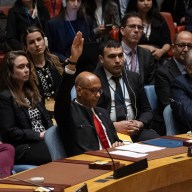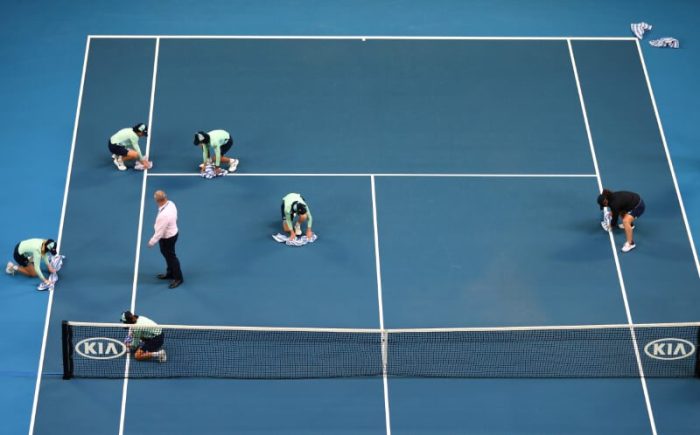LONDON (Reuters) – British Cycling, criticized in the past for a ‘culture of fear’, announced on Wednesday a new mental health strategy that includes screening elite riders every six months.
The launch coincides with Mental Health Awareness Week in Britain.
Nigel Jones, head of medical services for the British cycling team, said in a statement that the strategy would focus “on the development of resilient people through a more psychologically informed environment.”
He added there would be a shift “to a proactive approach of educating our coaches and support staff to allow for better understanding, toleration, containment and ultimately decreasing the prevalence and impact of challenging behaviors and mental distress.”
British Cycling was heavily criticized in a 2017 independent review which identified failings in governance and leadership following allegations of bullying and sexism.
Cycling is one of Britain’s most successful and heavily funded sports, enjoying huge success at Olympics and Paralympics.
British Cycling now employs two full-time sports psychologists.
“New athletes joining the program will undergo a mental health screening and existing program athletes will be screened on a six-monthly basis, allowing us to identify athletes who are struggling mentally but may not recognize this themselves,” said Jones.
“Finally, we will be providing clearly signposted mental health pathways which enable the athlete to feel comfortable when seeking help and know the range of options available to them.”
Team performance director Stephen Park said British Cycling was committed to athlete welfare.
“It’s important that we create a culture and environment in which our athletes feel supported, and one which they want to be a part of. Psychology plays an integral part in that,” he said.
“Our ambition is to top the medal tables once again in Tokyo 2020, and we now have some solid foundations in place to support our athletes in achieving our ambitions.”
(Reporting by Alan Baldwin, editing by Pritha Sarkar)

















